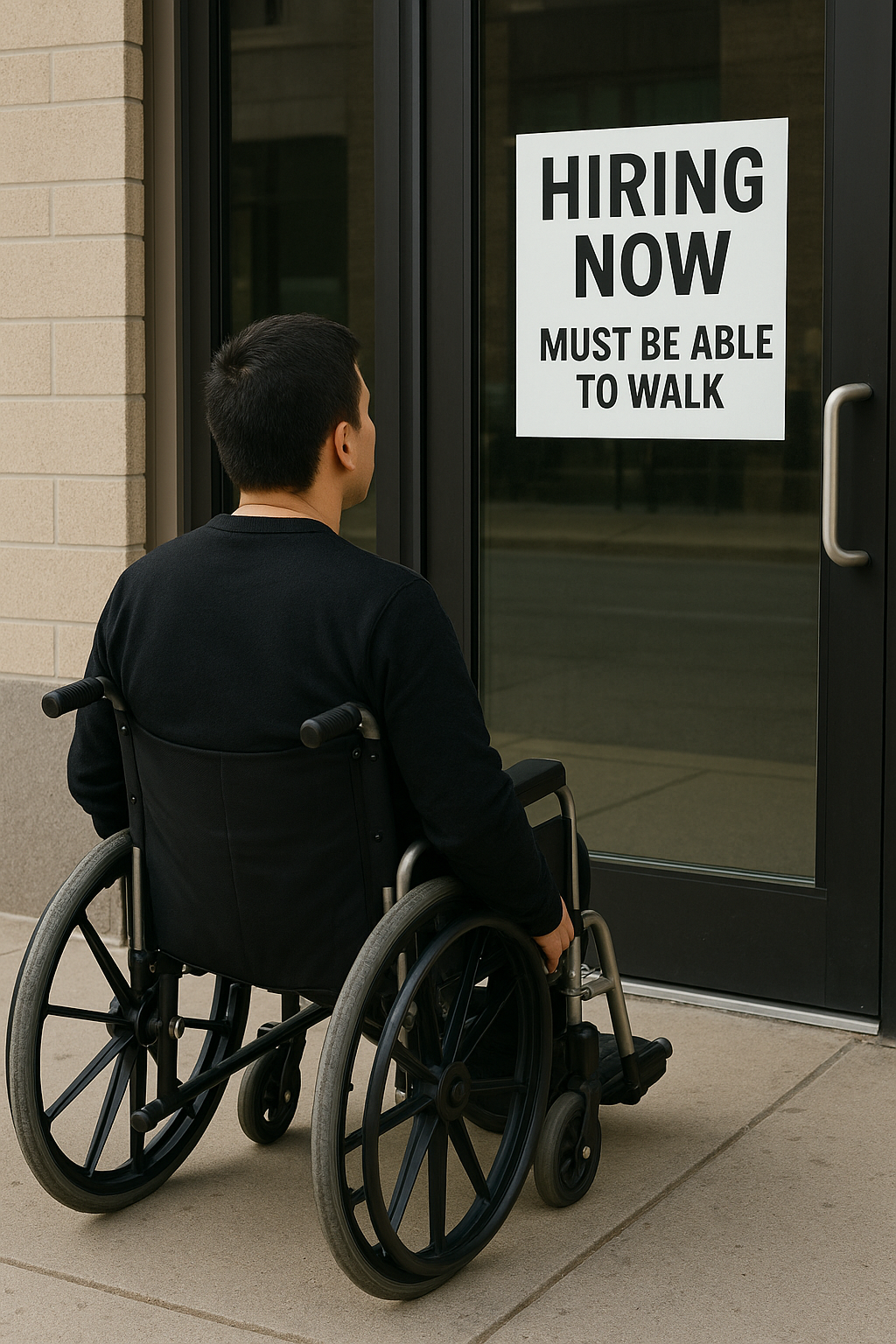Workplace Discrimination
California’s Fair Employment and Housing Act (FEHA) prohibits employers from making employment decisions based on protected characteristics rather than performance or qualifications. These protected traits include race, color, ancestry, national origin, religion, sex, gender identity or expression, sexual orientation, age (40 and over), disability, medical condition, genetic information, marital status, and military or veteran status.
Discrimination occurs when an employer takes adverse action—such as termination, demotion, pay cuts, denial of promotion, or refusal to hire—because of one or more of these protected traits. The key element is causation: the decision must be motivated, even in part, by bias or stereotypes relating to a protected characteristic. Unfair or arbitrary treatment that is not based on a protected trait may be wrongful in a moral sense but is not unlawful discrimination under FEHA.
FEHA protects not only against overt discrimination but also against subtle or systemic bias, where seemingly neutral policies or practices have a disparate impact on protected groups. The law also forbids retaliation against employees who complain about discrimination or participate in investigations.
When discrimination occurs, California law allows employees to pursue remedies including reinstatement, back pay, front pay, compensatory damages for emotional distress, and attorney’s fees. In particularly egregious cases, punitive damages may also be available.
At Levine Labor Law, we help employees separate unfair treatment from unlawful discrimination, uncover the real reasons behind an employer’s decisions, and hold companies accountable when bias plays a role in hiring, promotion, pay, or termination.

